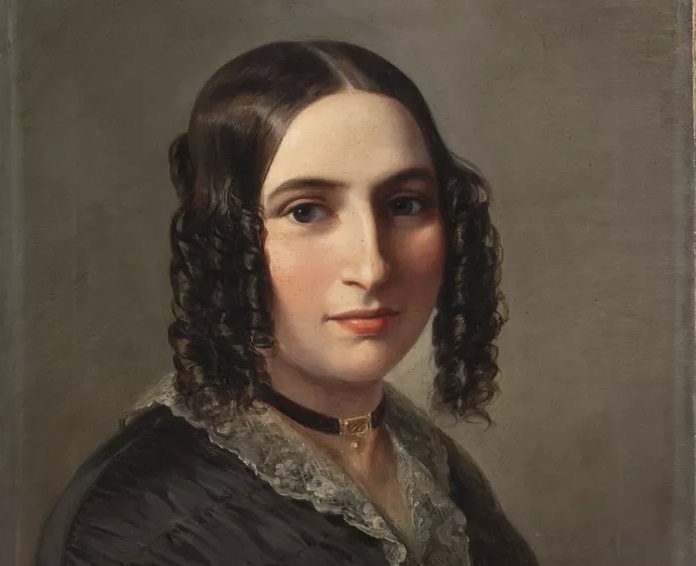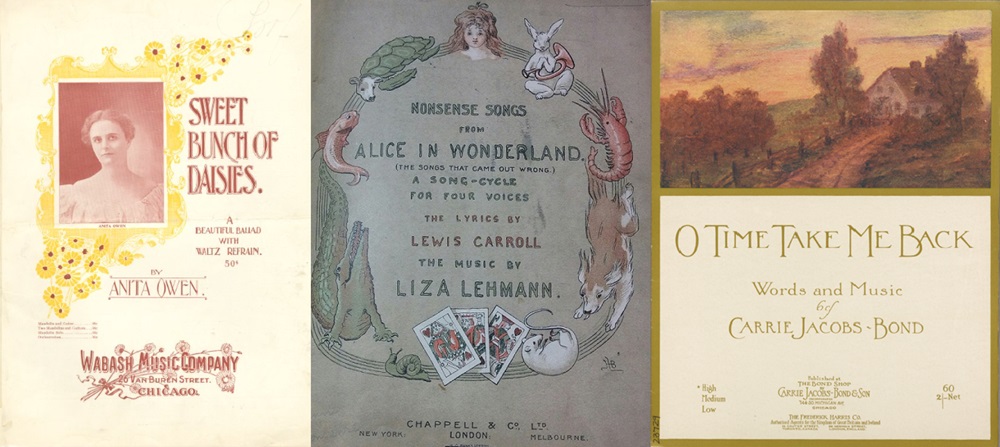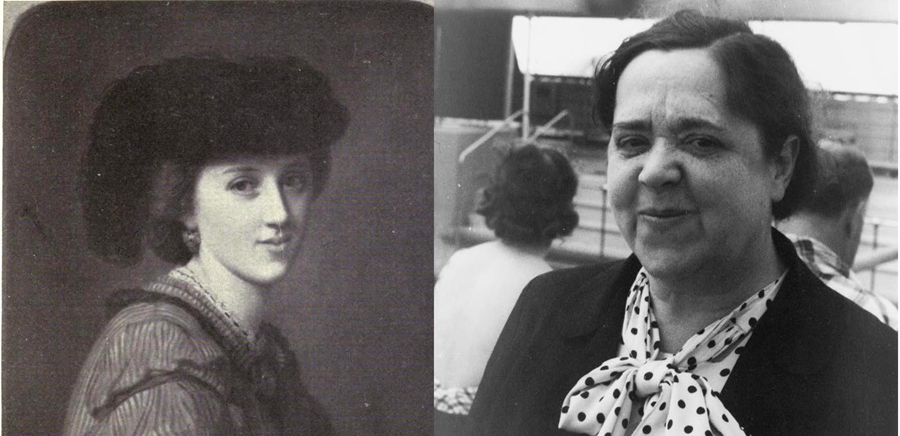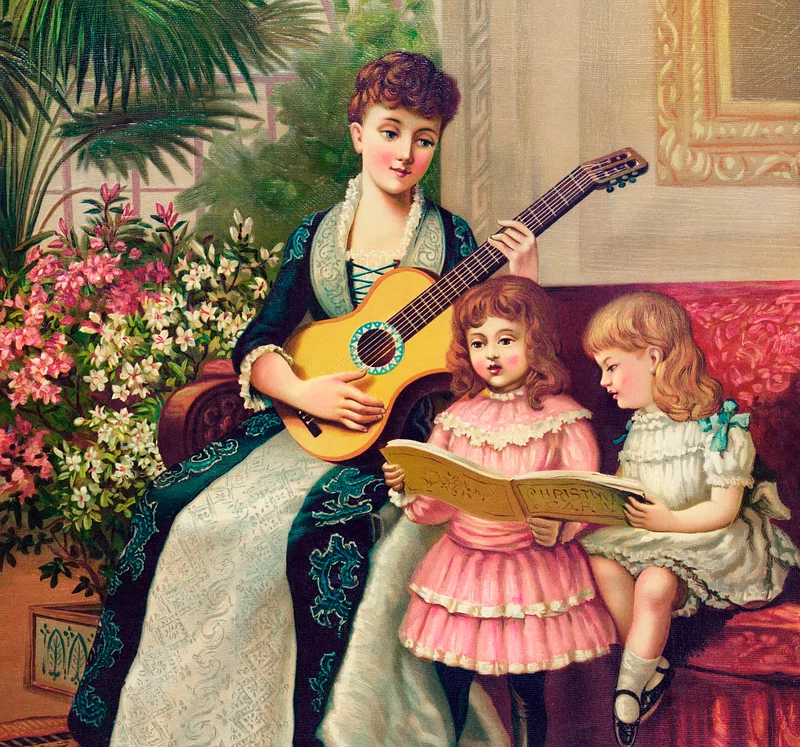Fanny Hensel (née Mendelssohn) wrote almost 250 songs, but only a handful were published in her lifetime. At long last, we have access to all of her song scores, thanks to the work of publishing houses like Furore Verlag and Breitkopf & Härtel, as well as to Timothy Parker-Langston, who recently released an online edition of Hensel’s songs. It includes scores to nearly 100 songs that had never been published before.
What we lack now are performances. Many of Hensel’s songs have been recorded and performed in recital, but the vast majority have not. Quality performances, along with quality scores and quality scholarship, are vital if we hope to ignite interest in her music—and in the music of countless other women song composers whose works have been overlooked for far too long.
Performers like baritone Harry Baechtel and pianist Chuck Dillard are leading the way. On January 6, they did a recital at Portland State University and opened it with a performance of three Hensel songs, all of them based on poems by Johann Peter Eckermann and all of them written before she turned twenty (and also before she got married): “Am stillen Hain” (1824), “Verloren” (1825), and “Der Einsamwandelde” (1825). In all likelihood, until last week, these songs had not been heard in almost two hundred years.
Here is a video of their lovely recital, which also includes performances of Felix Mendelssohn’s “It is Enough,” from Elijah, and J.S. Bach’s cantata Ich habe genug, BWV 82. The three Hensel songs are the first pieces on the program. They begin at the 4’30” mark.
In the event that the video above does not play, please refresh your browser or click here to watch on YouTube.
Notes:
The portrait of Fanny Hensel was painted by Moritz Daniel Oppenheim in 1842. It is in the collection of the Jewish Museum, New York City.






